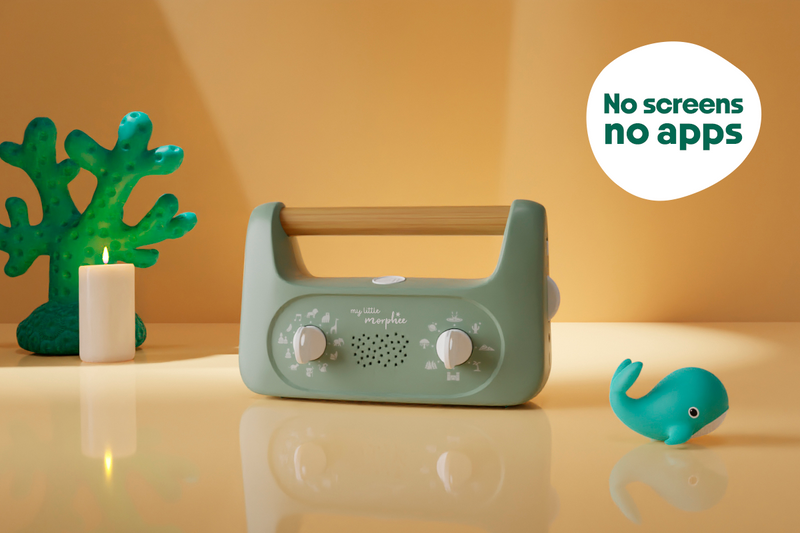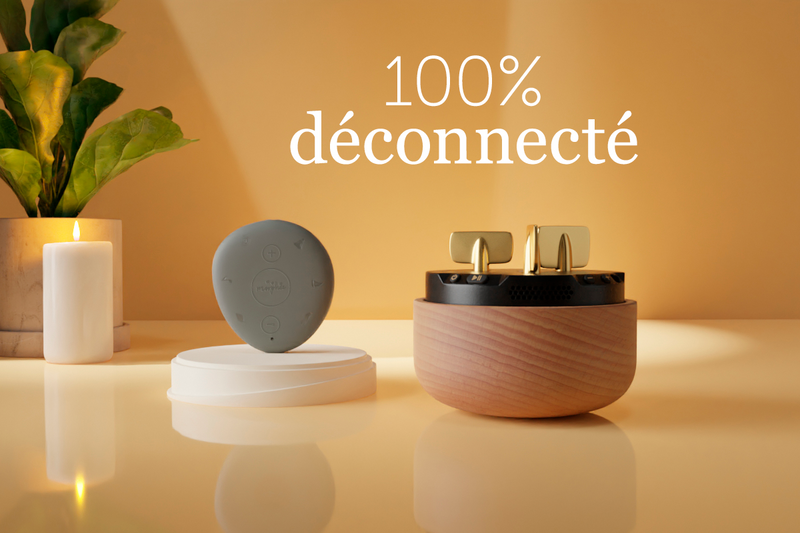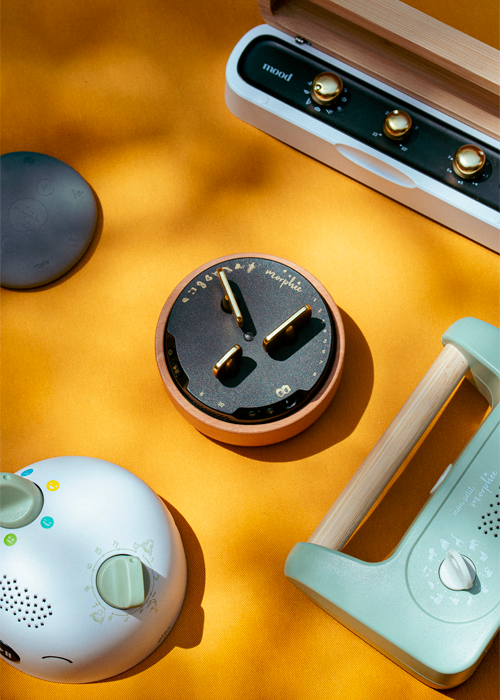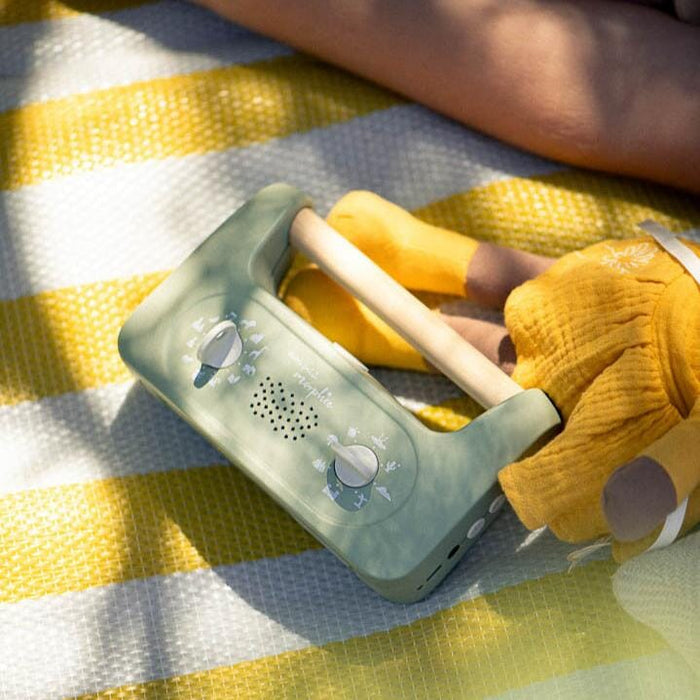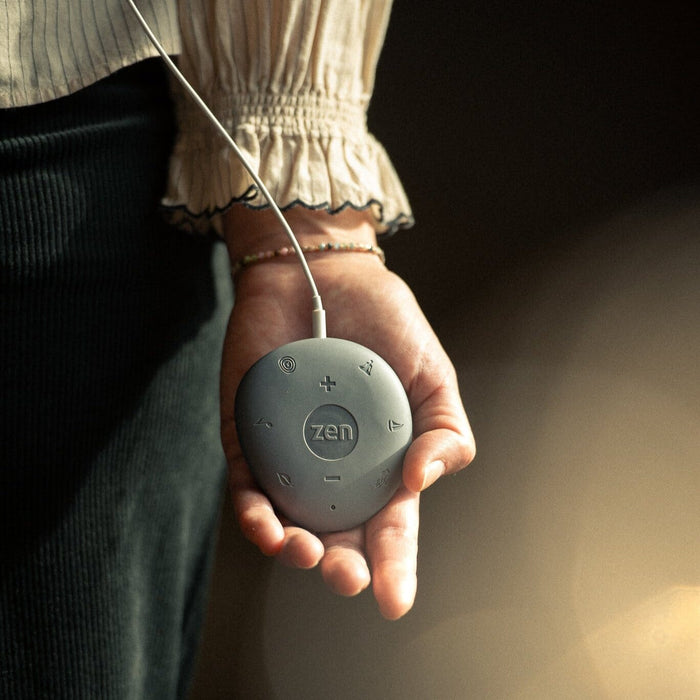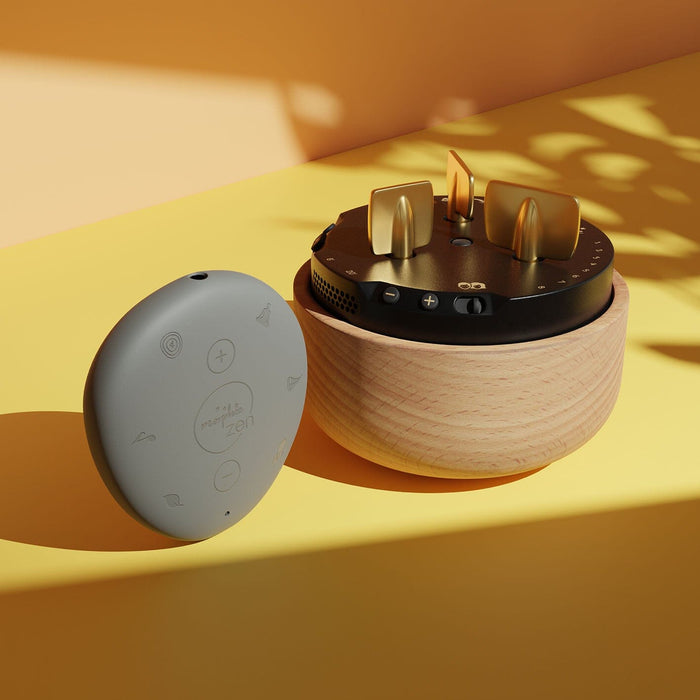Entrusting your sleep to Morpheus is a good idea; making it part of small rituals is even better!
We share with you the recommendations of Caroline Rome, Sophrologist specialized in sleep and vigilance, attached to the sleep center of the Hôtel-Dieu in Paris.
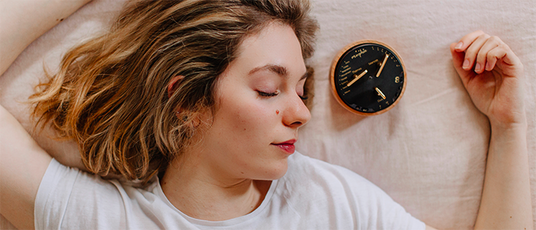
Preparing for sleep
Sleep preparation is very important.
During the day, it's helpful to let go at times by returning to abdominal breathing and relaxing your shoulders.
These small exercises can be done for a few seconds, at a red light, in an elevator, or even in a queue.
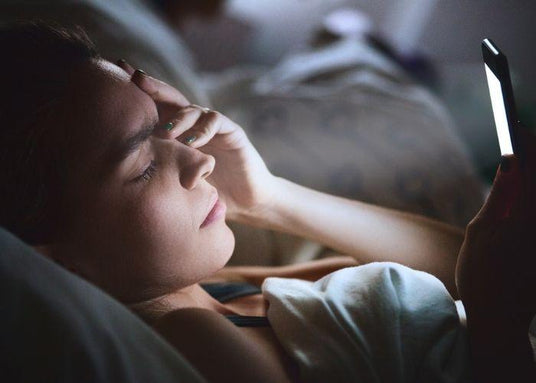
Avoid screens in the bedroom
Smartphones and screens are considered by experts as the "worst enemies of sleep".
Indeed, screens generate blue light that blocks the secretion of melatonin (sleep hormone).
Additionally, using smartphones at bedtime creates mental agitation and maintains a state of wakefulness.
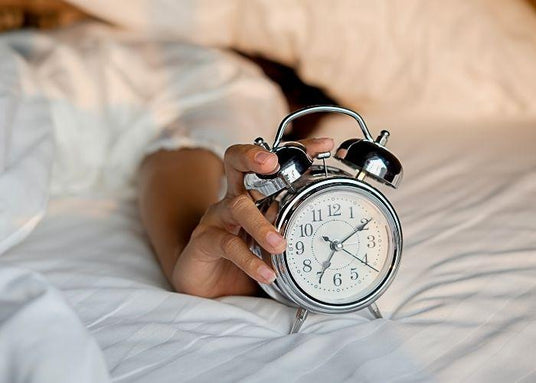
Maintain regular schedules
Numerous studies recommend
maintaining regular bedtime and wake-up times to preserve sleep quality.
It is advised to not delay wake-up time by more than one hour on weekends, compared to weekday schedules.
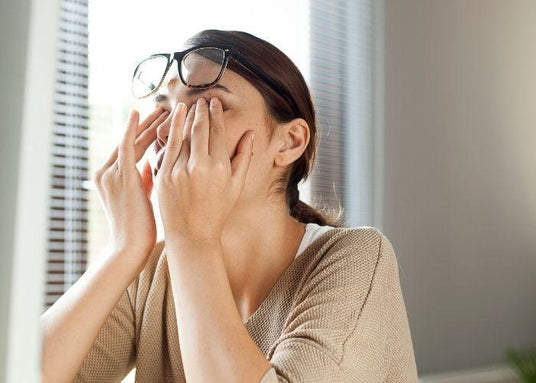
Respect your rhythm
Trying to sleep at all costs can create tension and generate stress.
If you feel your agitation is too high, it's better not to go to bed. Pay attention to the following signs that indicate it's time to go to bed: Yawning, Eye blinking, Loss of concentration, Slight shivers

Exercise regularly
Numerous studies have highlighted the close relationship between physical activity and sleep quality. It has many virtues:
- It helps reduce anxiety by stimulating endorphin production.
- It regulates internal clock mechanisms by producing serotonin.
- It generates more restorative sleep. Deep sleep duration increases after physical exercise.
Regularity should be prioritized over duration of practice.
In the evening, avoid intense activities
and competition.
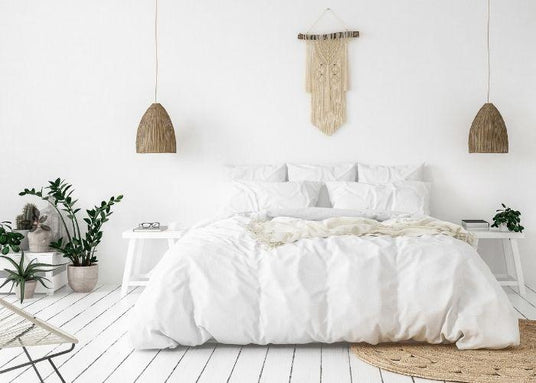
Arrange your bedroom
It's always interesting to observe the environment dedicated to our sleep.
Is our bedroom a place
conducive to calm and relaxation?
Or is it cluttered with clothes,
books, and all kinds of screens, which also clutter our mind?
We invite you to create
a simple, calm, and comforting atmosphere that promotes your peace of mind.
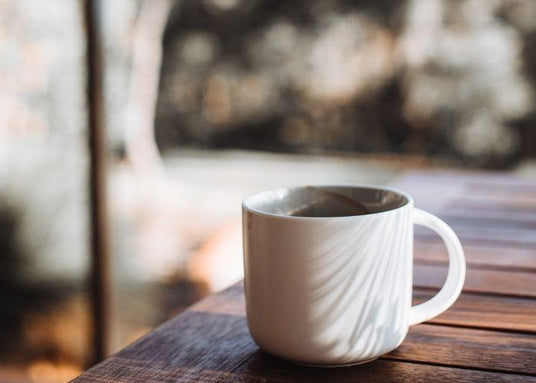
No more stimulants!
Did you know that our sleep preparation starts in early afternoon?
From 2 PM onwards, by avoiding caffeinated drinks (coffee, cola...), we're setting ourselves up for quality sleep.

Keep dinners light
Despite the apparent drowsiness it provides, digestion actually requires a lot of energy
from our body and can thus hinder falling asleep.
Therefore, we recommend opting for a light meal in the evening.

Avoid alcoholic drinks
While alcohol can help you fall asleep and not wake up during the first few hours, it disrupts the rest of the night, which is then characterized by light, fragmented sleep, nocturnal awakenings, and sometimes early morning awakening with inability to fall back asleep.
Alcohol is often considered a "false friend" of sleep.

Write down your To Do List
Before starting their session and surrendering to Morpheus' arms, some of our users have confided in us that they list in a notebook everything that clutters their mind: tasks to do, tomorrow's appointments, groceries not to forget...
A tried and tested tip to lighten our mental load and calm our thoughts before disconnecting in complete serenity.
